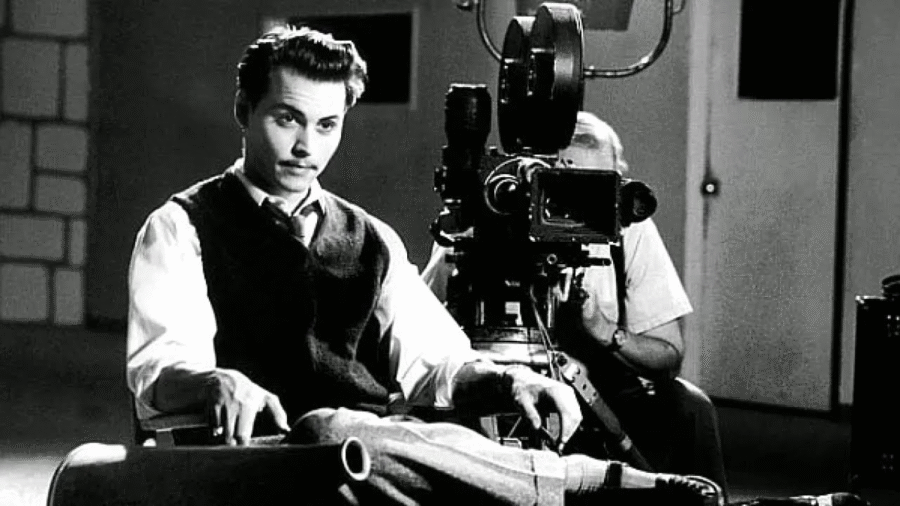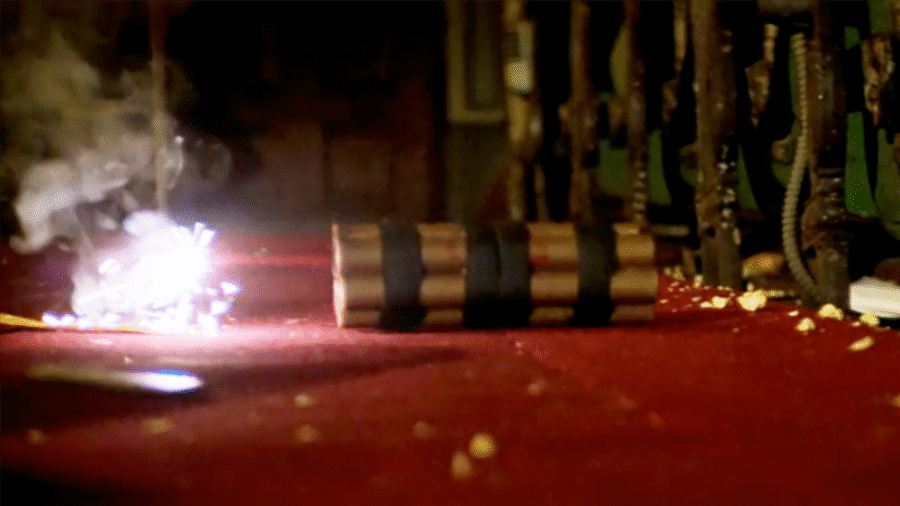By Jennifer Asencio
| Published 34 seconds ago

President Donald Trump has called for a 100% tariff on movies filmed outside the United States. In a Truth Social post last week, he said, “Our movie making business has been stolen from the United States of America, by other Countries, just like stealing candy from a baby.” However, the insinuation has created a lot of buzz around Hollywood as the industry speculates on how such a tax would be implemented.
How Moviemaking Used To Work

In Hollywood’s previous eras, filming in the United States was common because foreign locations could, for the most part, be filmed on a sound stage. This minimized or even eradicated the necessity to travel to exotic locales, unless the movie needed footage from a famous landmark.
Most states and many cities also provided incentives to film there. Lively infrastructures of support personnel, such as caterers, transportation, set builders, and other crew sprang up in areas such as Manhattan, Atlanta, Boston, Chicago, and other major cities to encourage filmmakers.
How Movies Are Made Now

These days, foreign countries are providing even better incentives, and American cities are not as easy to work with. Labor is cheaper abroad, and laws in some places are more permissive, which has driven the film industry overseas as movies seek to cut costs and increase their box office take.
A globalist model has emerged in Hollywood, where a movie might have several countries involved in various aspects of its production, especially as the use of computer technology and CGI has increased. Celebrities as varied as Jon Voight (the president’s liaison to Hollywood) and George Clooney (a staunch Kamala Harris supporter) have agreed that these factors have driven movie production abroad and that more films should be made at home.
How To Save Hollywood

However, there is disagreement about how to accomplish moving productions back to Hollywood, productively. President Trump made similar comments in May about imposing a tariff on movies filmed abroad, and Voight has expressed that the administration is exploring federal tax incentives, subsidizing the infrastructure that supports local movie-making, and establishing co-production treaties with other countries.
Critics agree that these moves could help, but that movies are services rather than goods and therefore not subject to tariffs. The proposed tariff on movies filmed abroad would mark the first time a tariff would be placed on a service.
There are also questions about how this would affect film distribution. Will foreign films imported to the United States be subject to this tax? Will the tariffs hurt U.S. movies being shown abroad?
Some countries have limited the number of Hollywood features allowed per year, and the concern is that others might follow suit. There is also the question of what would count as a “movie,” including TV shows and ads.
There Are No Movie Tariffs, At Least Not Yet

Despite all the speculation, the tariff is merely a proposal that Trump made on Truth Social. It is not a law or executive order, at least not yet, and it has been accompanied by some encouraging news about how the current American administration plans to aid the film industry.
Movies made in the United States not only provide entertainment, but can also be a source of jobs for Americans all over the country. Bringing more film production to the United States will be a welcome addition to the economy, if done right.
